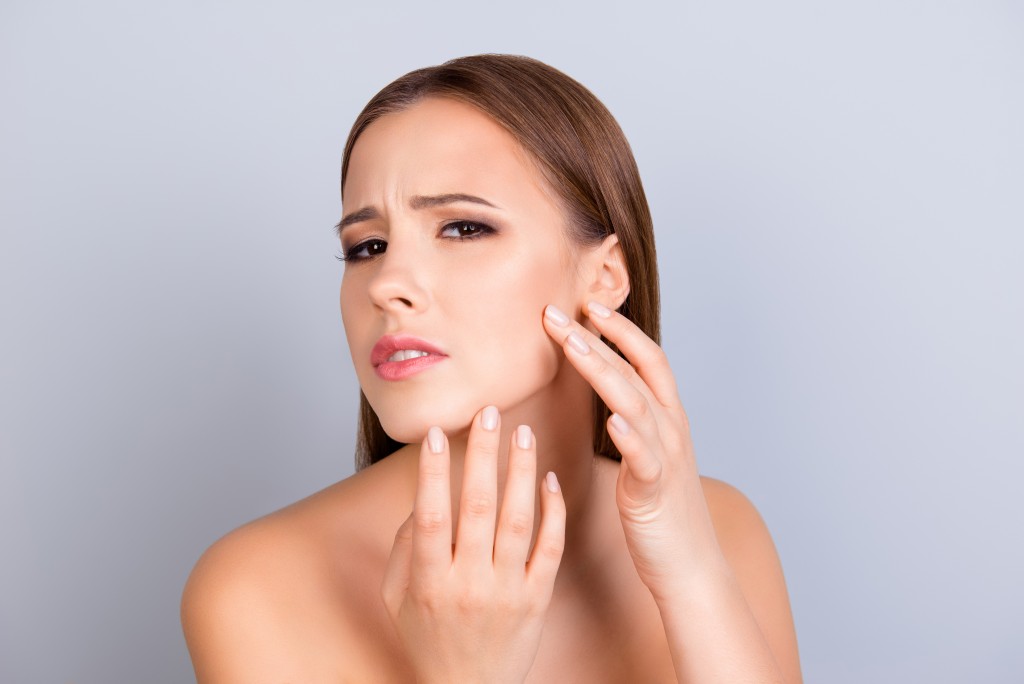One of the most significant indicators of aging is the skin. As you grow older, it loses fat, making it thin enough for your bones and veins to be easily visible. This organ also dries out, gets discolored and bruises easier than when you were younger. You’ll also develop wrinkles because the skin loses its elasticity over time. You can’t avoid skin aging. And the rate at which it happens to people depends on their genes, environment and lifestyle.
Do You Have Healthy Skin?
Skin aging depends a lot on your health.
Recent studies suggest that some people may be aging faster than others. One of them included a paper from New Zealand, which analyzed the “biological age” of a group of 38-year-old people.
Biological age, in the study, is the state of the person’s immune system, organs, heart health, and chromosomes. It found that although the participants were technically the same age, their biological ages ranged from 30 to 60. People were younger and older health-wise than they were during the study. The researchers also found a clear link between one’s biological age and looks. The older they were on the inside, the older they looked on the outside, too.
Certain genetic conditions can also accelerate your skin’s aging. Werner syndrome can lead to wrinkled skin, greyed hair, and even balding in people as young as 13 years old.
Skin aging is an unavoidable part of life, but it’s definitely possible to delay. Before you pull the trigger on getting botox specials, here are effective methods that help you slow down skin aging.
Make Tanning Less of a Priority
Getting a tan may improve your looks. However, it might also accelerate your skin aging. According to a study published in the International Journal of Molecular Sciences, prolonged exposure to ultraviolet (UV) radiation can damage the skin’s elasticity and cause it to wrinkle. Too much UV radiation can even lead to skin cancer. You get exposed to it every time you let the sun’s rays touch your skin. It’s also heavily used in tanning beds, as UV rays trigger the body to produce melanin, a brown pigment that the skin uses to protect itself.
Limit your exposure to the sun during the peak times that it produces UV rays, which is around 10:00 AM to 4:00 PM. If you really need to go out, make sure you have sunscreen on for all the exposed parts of your skin. Hold back on sessions in the tanning bed, too. Getting skin that’s darker than your natural tone is not worth the wrinkles and possible diseases you could develop overtime.

Ditch the Smokes
Smoking’s dangerous effects are often directed towards the heart and lungs. However, this practice may also accelerate the way your skin ages. According to Mayo Clinic, nicotine, a stimulant found in all cigarettes, causes blood vessels in your skin to narrow down. When this happens, there’s less blood flow to your skin, depriving it of oxygen and the nutrients it needs.
A variety of chemicals in tobacco smoke may also damage the skin’s collagen and elastin, which are the proteins that make it strong and flexible. When this happens, the skin could end up sagging and wrinkling in the skin early in your life.
Get More Sleep
Going to sleep is helpful to your overall health, as it helps the body rapidly regenerate cells for all its organs, including the skin. If you constantly get inadequate sleep, which is less than seven hours a day, you may find that your skin ages faster.
A study published by the University Hospitals Case Medical Center linked sleep deprivation with premature skin aging and weakened ability of the skin to recover after being exposed to UV rays. The researchers examined the skin of women between the ages of 30 and 49. Half of the participants were classified as constantly sleep-deprived. They found that the people who had poor quality sleep had increased signs of skin aging, like uneven pigmentation, slacking skin, fine lines, and more, compared to those who had healthy sleeping habits.
Make sure to get an adequate amount of sleep every day to keep your skin, and the rest of your body, healthy. The National Sleep Foundation recommends around seven to nine hours of sleep every day for adults. And if you still feel tired during the day, don’t hesitate to get those naps in.
Skin aging is a natural part of life, especially if you’re starting to reach your senior years. It’s impossible to prevent wrinkles, fine lines and sagging skin from naturally occurring, but it can definitely be slowed down. Use these suggestions to make your skin look younger for longer.
